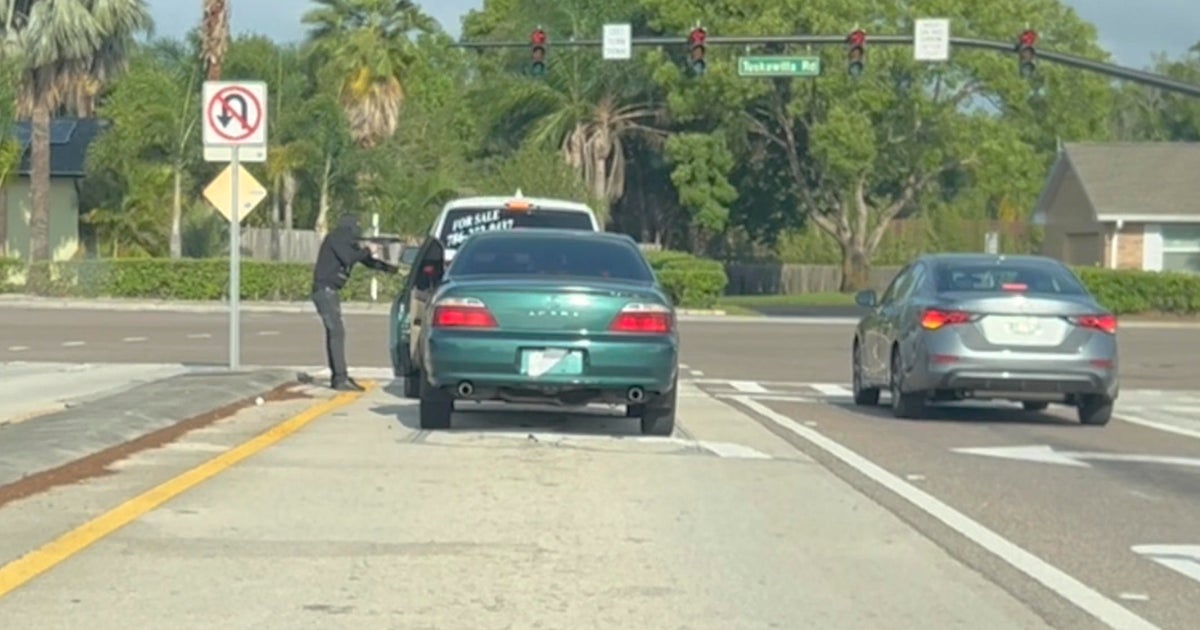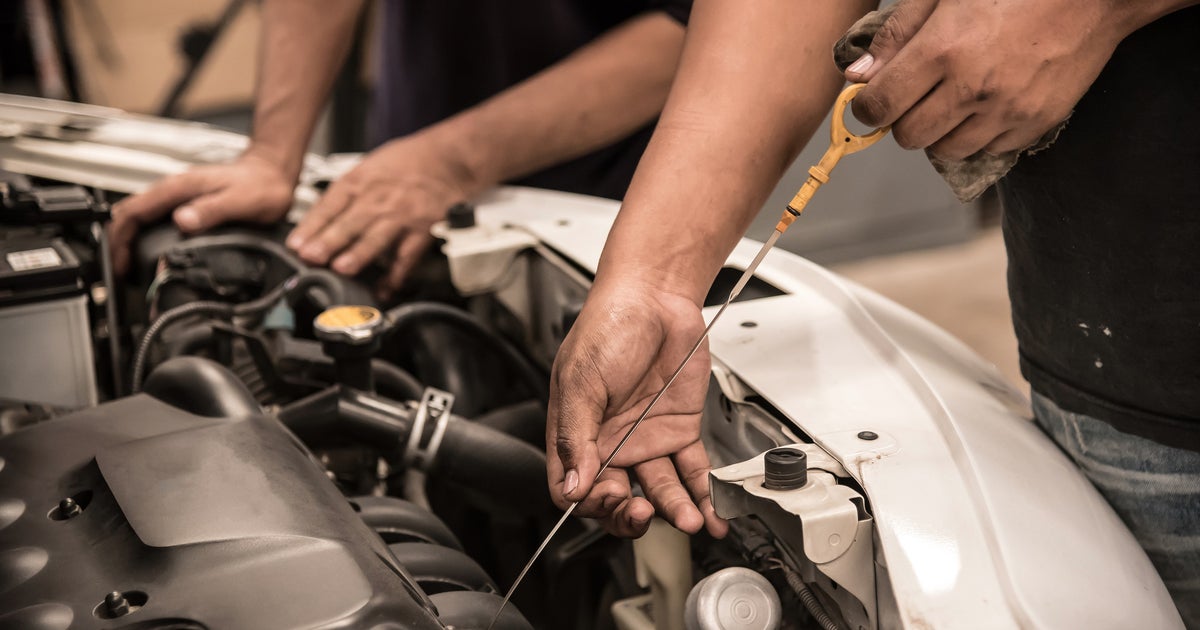Homeland Security Secretary Napolitano Tours Air, Sea Ports To Improve Customs
MIAMI (CBS4) - Miami International Airport now has the most international passengers in the country and traffic is growing each year.
That can mean backups when passengers check in at customs.
"How long did it take for you to get through customs?" CBS 4's Ted Scouten asked international traveler Solme Hernandez.
"Not too long this time," she said, "Sometimes it's worse."
Sometimes it's a lot worse. Passengers can wait up to two hours at MIA in worst case scenarios, according the Customs and Border Protection website. In fact, in a one month period, 5-thousand passengers missed their connecting flights because they were delayed going through customs at MIA.
While passenger growth has gone up, so have the number of customs agents, but not enough.
"Passengers arriving at MIA on international flights continue to face the longest wait times for immigration and customs processing of any us airport," said Democratic South Florida Congresswoman Debbie Wasserman-Schultz from Weston.
Homeland Security Secretary Janet Napolitano, along with a South Florida Congressional delegation, toured South Florida airports and sea ports Wednesday trying to figure out a way to keep people and cargo moving quickly.
One big step is expanding pre-screening programs.
"We are expanding our trusted travel programs, the international program known as global entry and the domestic version known as TSA pre-check," said Secretary Napolitano.
But any plans for more staff and shorter waits could be out the window if Congress doesn't pass a budget and automatic cuts go into effect.
"It means that not adding customs officers we're going to be starting to furlough customs officers, not adding overtime to cover peak periods but eliminating over time and that's just the beginning," warned Napolitano.
She said if the cuts go into effect and staff is furloughed, passengers will have to show up 3 hours early for a domestic flight and wait times at customs could double.
Napolitano is also calling for airports, airlines and local governments to kick in to help pay the cost for more federal agents.



